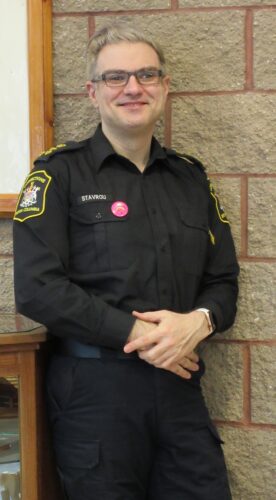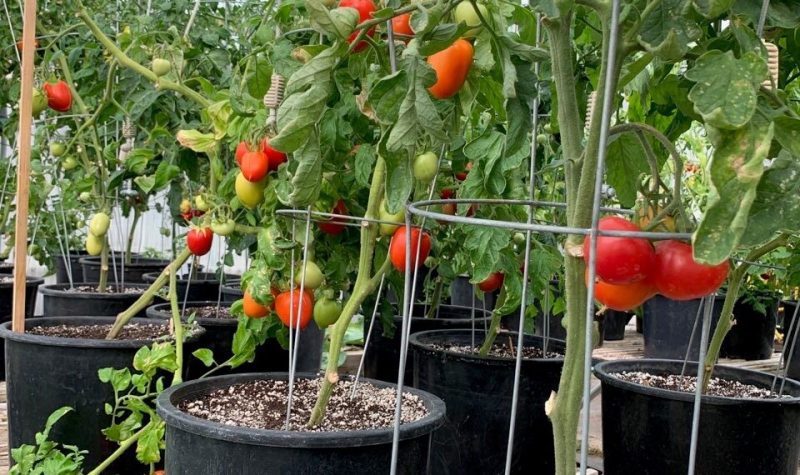The Prince George Regional Correctional Centre’s (PGRCC) greenhouse program is motivated by a recognition of the importance of skill-building, community, and healing for those in custody, says Warden Dennis Stavrou. The program, which has been operational for over 30 years, is run by community volunteers and supported by facility staff.

Dennis Stavrou, a former health care CEO, has been warden of the PGRCC since May 2020. Photo courtesy of the Ministry of Public Safety.
“One of the pieces about the centre is that we’re trying to provide a healing environment and also to help [those in custody] grow through their time with us so that they can rejoin the community when they leave here”, said Stavrou. The PGRCC runs a number of programs designed to teach skills and connect people with the broader community, including cooking classes and online academic upgrading.
An average of 70 to 80 per cent of those in custody at the PGRCC at any given time are of Indigenous descent, a statistic that far outpaces the percentage of the population who identify as Aboriginal at 15 per cent. The over-representation of Indigenous peoples in correctional centres is a deepening crisis nationally and, particularly, in northern BC.
“We would like for the people [in custody] to have good ties into their communities by developing relationships with their Elders”, said Stavrou.
Last year, volunteers from the Treaty 8 and Takla First Nations participated in the greenhouse program and some of the produce was canned for presentation to Elders and other dignitaries. While some former inmates choose to keep in touch with staff at the PGRCC, it is otherwise difficult to track the impact of these programs on individuals once they leave the facility.
While partnerships with certain community groups exist, little information is publicly available on these programs or the facility operations generally. Stavrou, who stepped into the role in May 2020 hopes to see that change after COVID-19 restrictions are lifted.
“I would like to be very involved in the community here in Prince George and actually have conversations with different stakeholders and talk more about the centre and what we actually do, especially when it comes to people's healing because at the end of the day, that’s really our job," Stavrou said.
Listen to the interview on CFUR-FM:


